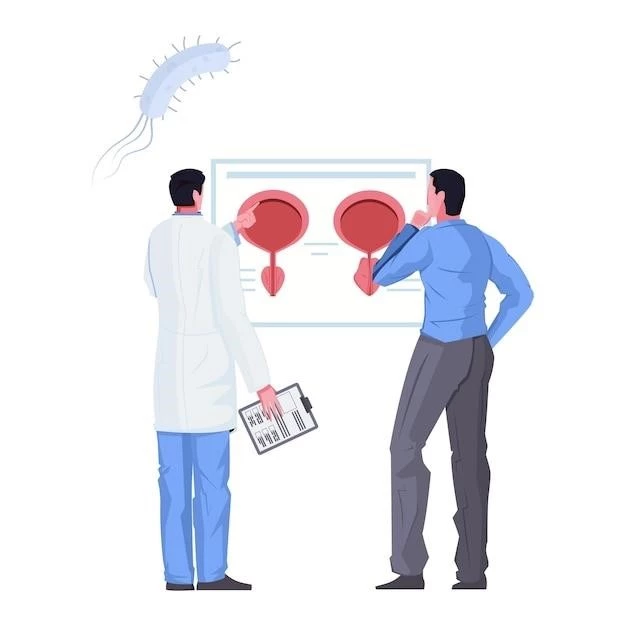Be aware of symptoms like excess body hair, early puberty, and rapid growth in children. Seek medical advice for proper diagnosis.
Recognizing the Common Symptoms

Common symptoms of congenital adrenal hyperplasia include ambiguous genitalia in females, salt-wasting, and poor growth. Early recognition and treatment are crucial for managing the condition effectively. Consult healthcare professionals for proper diagnosis and personalized treatment plans.
Consult with endocrinologists for treatment options like hormone replacement therapy to manage hormone imbalances effectively. Follow medical advice for optimal care.
Medical Intervention
For 17 Alpha-Hydroxylase Deficiency, treatment may involve medication to control blood pressure and address hormone imbalances. Regular monitoring by healthcare professionals is essential. Follow the prescribed treatment plan diligently, attend follow-up appointments, and communicate any concerns or changes in symptoms to your healthcare provider promptly.
Learn about the inheritance pattern and genetic mutations linked to congenital adrenal hyperplasia. Genetic counseling can provide valuable insights for families.
Understanding the Genetic Basis
Genetic causes of congenital adrenal hyperplasia are linked to mutations in specific genes involved in hormone production. Understanding the genetic basis of the condition can provide valuable insights into its management and potential risks for family members. Genetic testing and counseling can help individuals make informed decisions about their health and future generations. Consult with genetic counselors and healthcare providers to explore genetic testing options and understand the implications of genetic factors on your health.
Untreated adrenal hyperplasia can lead to serious complications like adrenal crisis, electrolyte imbalances, and fertility issues. Prompt medical attention is crucial to prevent long-term consequences.
Risks and Consequences
Untreated adrenal hyperplasia can have severe consequences on overall health. Complications may include adrenal crisis, hypertension, infertility, and metabolic imbalances. It is crucial to adhere to medical treatment and regular monitoring to avoid potential risks and maintain optimal well-being. Promptly address any symptoms or concerns with your healthcare provider to prevent long-term complications and ensure the best possible outcomes for your health.
Manage hormone imbalances in adrenal hyperplasia with proper medication, regular monitoring, and a healthy lifestyle. Consult healthcare providers for personalized treatment plans.
Balancing Hormones Effectively
Effective management of hormone imbalances in adrenal hyperplasia requires a holistic approach. This includes adherence to prescribed medications, monitoring hormone levels regularly, maintaining a healthy lifestyle with a balanced diet and regular exercise, managing stress levels, and getting adequate rest. Work closely with your healthcare team to tailor a treatment plan that addresses your specific needs and promotes hormone balance. Open communication with healthcare providers is key to managing hormone imbalances effectively and improving overall well-being.
Expecting mothers with congenital adrenal hyperplasia should work closely with healthcare providers to ensure a healthy pregnancy. Seek specialized care and guidance for optimal outcomes.
Special Considerations for Expecting Mothers
Expecting mothers with congenital adrenal hyperplasia require specialized care during pregnancy. It is essential to collaborate closely with healthcare providers to manage hormone levels, monitor fetal development, and address any potential complications. Regular prenatal check-ups, adherence to treatment plans, and open communication with your healthcare team are crucial for a successful pregnancy. Seek guidance from healthcare professionals experienced in managing adrenal conditions to promote the best outcomes for both mother and baby.
Manage 17 alpha-hydroxylase deficiency effectively by maintaining a balanced diet, staying active, managing stress, and following medical advice for optimal health.
Improving Quality of Life
Living with 17 alpha-hydroxylase deficiency can be effectively managed through lifestyle adjustments. Focus on maintaining a well-rounded diet rich in nutrients, engaging in regular physical activity suitable for your condition, practicing stress-reducing techniques such as mindfulness or yoga, and prioritizing adequate rest and relaxation. It is important to establish a strong support system, stay informed about your condition, and communicate openly with healthcare providers. By proactively managing your health and well-being, you can enhance your quality of life and minimize the impact of 17 alpha-hydroxylase deficiency on your day-to-day activities.
Stay informed about cutting-edge research in adrenal hyperplasia treatment to access potential advancements that may improve care and quality of life. Be proactive in exploring new treatment options.
Latest Developments and Future Prospects
Staying informed about the latest research in adrenal hyperplasia treatment is crucial for accessing potential advancements that may enhance care and quality of life. By being proactive in exploring new treatment options and participating in clinical trials, individuals with adrenal hyperplasia can contribute to advancements in medical science, potentially benefiting both themselves and future generations. Collaborate with healthcare providers and research institutions to stay updated on emerging therapies and developments in the field. Embracing innovation and being engaged in the research process can pave the way for improved outcomes and a brighter future for individuals affected by adrenal hyperplasia.
